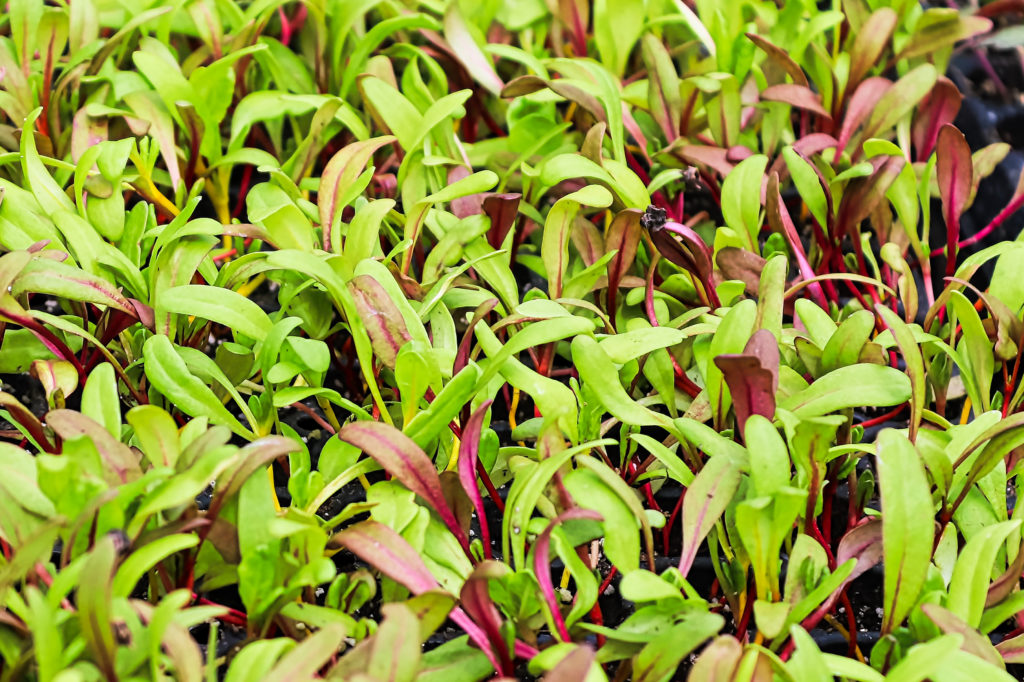We’re away until January 4, but we’re reposting some of our favorite pieces from 2020. Enjoy your holiday!
I’m growing microgreens. Every couple of weeks they are sufficiently lush to be snipped and eaten. They sit on my nightstand, and there’s just enough light, coming from an adjacent window, to feed them. Outside that window, I can see a tree that is older than anyone I know. I photograph it frequently, watching it change with the seasons.
As much as I love plant life—trees and flowers—growing food is new for me. It comforts. It feels as though, in this uncertain time, I am connected to the ancestors, the way they’d often grow a little patch of something for sustenance. From the time when the Old South turned into the New South, which I suppose is now old again, most all Black folks spent a lifetime of scraping and scuffling. Land of one’s own was hard to come by. Despite how often the gospel of “get you some land” was preached, white supremacy wielded its power over the land. But even for the sharecropper, a little patch of something, a rectangle of dirt on which to grow greens, tomatoes, some cabbage, some berries, was protected and nurtured. Even when the dirt was hard and spent, black hands eked sprouts from it, tended them to fullness. And ate from the bounty.
By any measure of politics and civil order, Black people in the antebellum and Jim Crow South existed in a cruel relationship to land and the agricultural economy. Exploitation happened from birth to death, from the fields all the way to the commissary where people overpaid landowners for minimal goods. Black people gave birth in the cane, died in the cotton, bled into the corn. But out of little patches of something, carefully tended to because beyond survival is love, came reward. The earth gave moments of pleasure: Latching onto a juicy peach—your teeth moving from yellow to red flesh. Digging up a yam, dusting off its dirt, roasting it so long the caramelized sweetness explodes under your tongue. Running your hands across the collard leaves coming up from the ground rippled flowerlike. That green is as pretty as pink.
from The Paris Review https://ift.tt/3813Cfm

Comments
Post a Comment